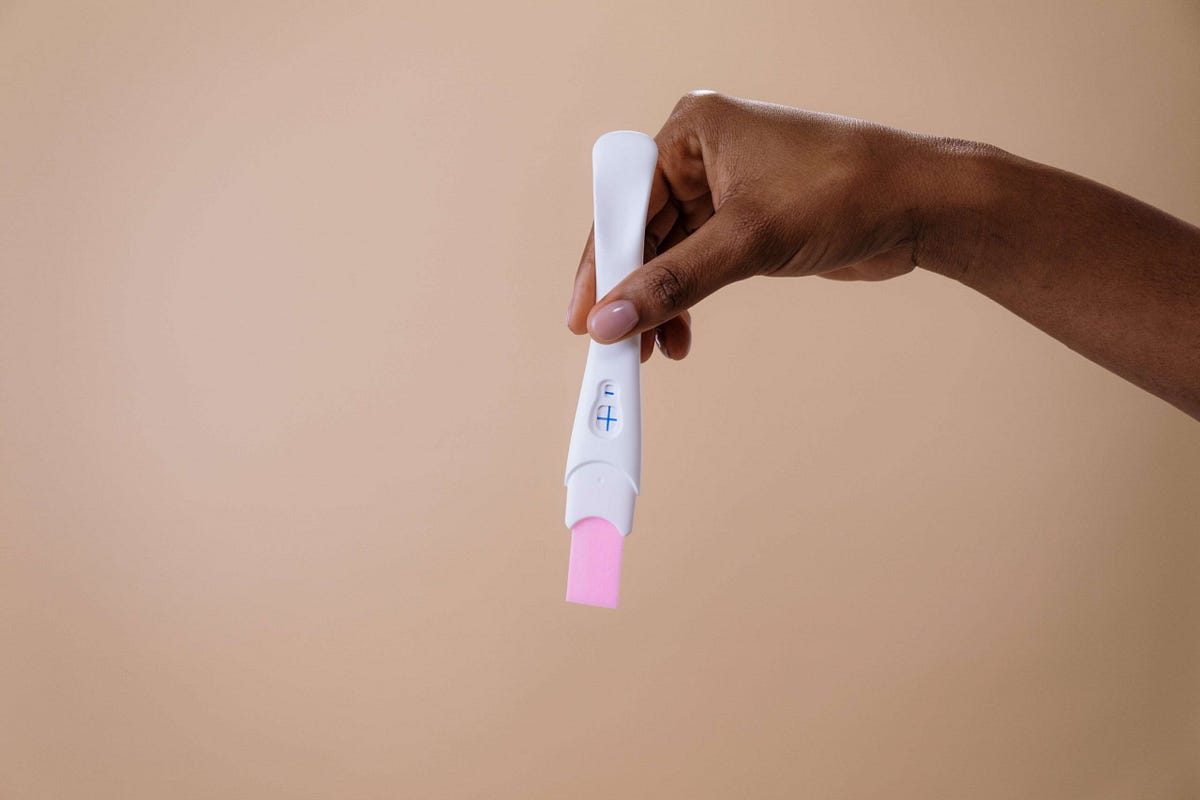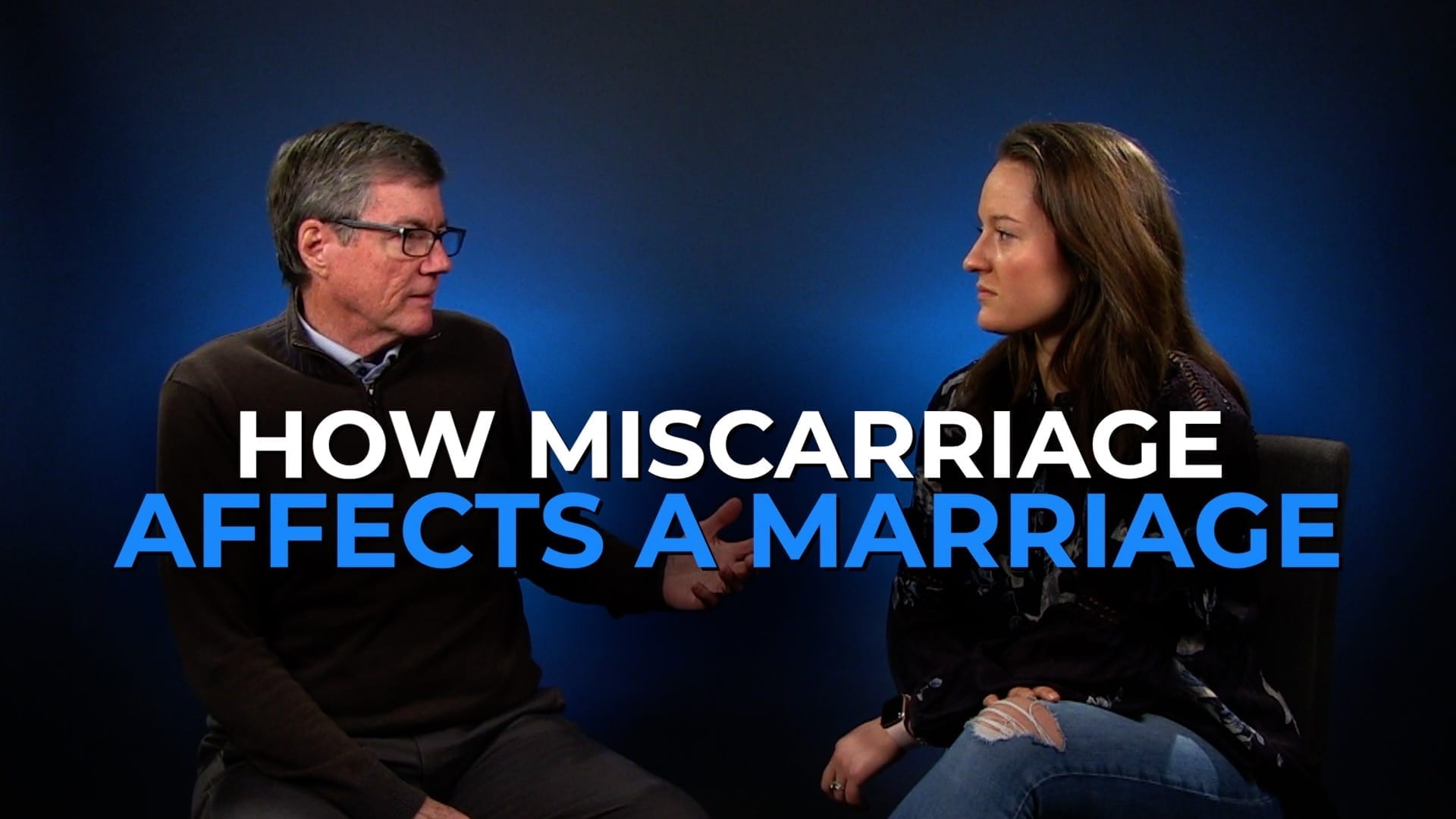Ideal Info About How To Handle Miscarriage

Getting support if you're worried that you or your partner are having problems coping with grief, you may need further treatment and counselling.
How to handle miscarriage. Your next period will usually come in four to six weeks after a miscarriage. It is often diagnosed when there is no fetal cardiac activity during a routine prenatal ultrasound. The third treatment is a surgical procedure called dilation and.
In ruling this month that three couples who lost frozen embryos in a storage facility accident could sue for wrongful death of a. Joining a support group may help. Coping tips for men there are few greater challenges for an expectant father than to deal with his partner's miscarriage.
No matter how fast it happens or whether or not it hurts, miscarriage can be upsetting. It's not just the physical. Miscarriage is a somewhat common experience — but that doesn't make it any easier.
There are no symptoms of miscarriage, but an ultrasound confirms the fetus has no heartbeat. While your partner will experience huge physical and. A missed miscarriage typically occurs during the first trimester.
However, unlike other types of deaths, miscarriage can bring about a different type of anger. Climb into the car near the front of the rows, buckle your seatbelt, then grip the chrome handle in front of you. You may feel angry about not getting the chance to meet your baby outside of the womb.
Miscarriage is like losing a loved one, which comes with a roller coaster of emotions ranging from sadness to despair. Expectant management (letting the tissue pass on its own) and medication. Life matters is here to help you get a handle on all the important stuff:
If you think you may be having a miscarriage, tell your doctor about your symptoms, including when the bleeding started, how heavy it’s been, and whether you’ve had pain. An incomplete miscarriage begins naturally, but the pregnancy doesn’t come away from the womb completely. If it has, that makes a miscarriage more.
What are the treatments for miscarriage? There are support groups that can. Managing a miscarriage.
Keep in touch with your doctor about what’s going on and how you’re feeling. Miscarriage pain can include abdominal cramping, back pain, and nausea. The bleeding can vary from brown discharge to bright red, heavy bleeding, and.
The first thing your doctor will try to do is prevent you from having a miscarriage. If your feelings start to interfere with your ability to get along in daily life, or if your sadness doesn’t lessen after a couple of months, talk with. How to find support.


















